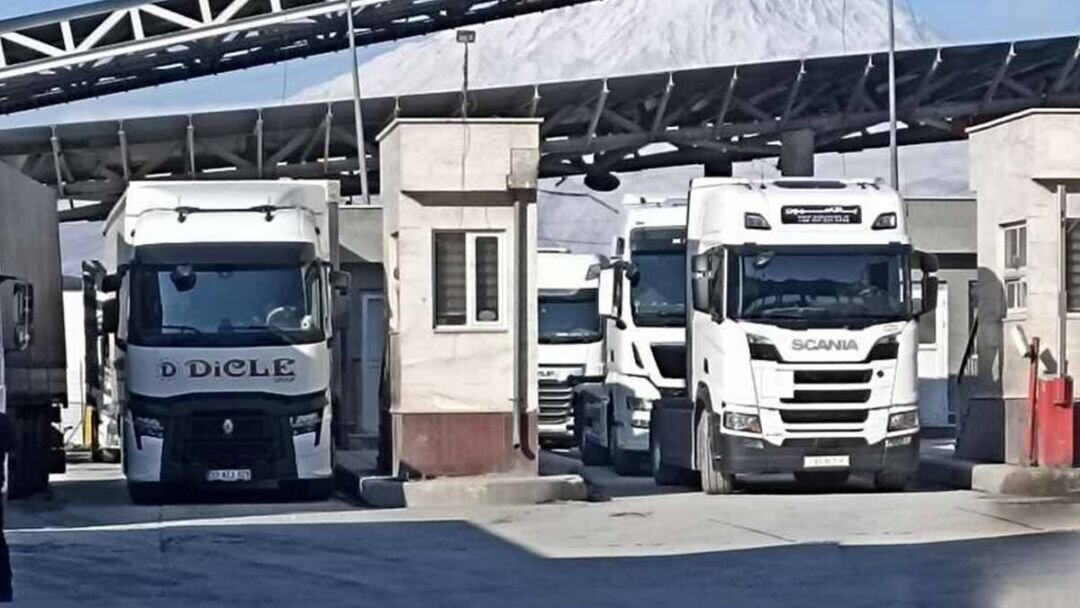Turkish action to cripple Iran’s transit?
Hundreds of Iranian trucks stranded at north-west border

TEHRAN - Turkey’s recent decision to revoke fuel tax exemptions for Iranian commercial vehicles entering its borders has sparked significant controversy. This measure, implemented on December 29, 2024, forces Iranian truck drivers to pay exorbitant fuel taxes, amounting to 155 percent of Turkey’s special consumption tax rate. Iranian truckers, already facing delays at border crossings, now confront additional financial burdens that could disrupt the region's trade dynamics.
The move comes as a retaliatory response to Iran’s “full-tank” policy, which mandates foreign trucks leaving Iran to pay a customs duty equivalent to the fuel in their tanks to combat fuel smuggling. While Turkey justifies its decision as reciprocal, it undermines ongoing efforts to strengthen bilateral trade relations between the two nations.
Unraveling the double standard
For years, Iranian trucks enjoyed exemptions from fuel and customs taxes upon entering Turkey. However, the recent policy change could increase transit costs by up to 50% for Iranian transporters, rendering cross-border trade economically unfeasible. Meanwhile, Turkey continues to exempt Iranian passenger buses from similar taxes, ostensibly to preserve its tourism industry. This selective policy exposes Ankara’s prioritization of tourism revenues over equitable trade relations.
Contradicting trade goals
Turkey’s decision stands in stark contrast to its stated goal of increasing trade with Iran to $30 billion annually, as emphasized by Ali Celik, governor of Turkey’s Hakkari Province, during a recent bilateral meeting.
Current trade levels hover around $7.5–10 billion, far from the target. Ankara’s unilateral actions, however, signal a lack of commitment to fostering mutual trust and cooperation.
Iran’s retaliatory measures
In response, Iran ceased providing fuel to Turkish trucks on January 4, 2025, citing Turkey’s policy as unfair. This move has triggered widespread dissatisfaction among Turkish drivers, who face rising fuel costs and logistical challenges. Videos circulating on social media depict Turkish drivers criticizing their government’s short-sighted policies, which have escalated tensions between the two countries.
A broader pattern of hostility
This fuel tax dispute is not an isolated incident but part of a broader pattern of antagonism. Azerbaijan, a close ally of Turkey, recently blocked Iranian trucks from transiting through the Pol-Dasht–Nakhchivan border. These actions collectively aim to restrict Iran’s access to European markets, exacerbating geopolitical tensions in the region.
Call for regional accountability
Turkey’s actions threaten the economic stability of its neighboring countries and undermine regional trade networks. Ankara’s short-term gains come at the expense of long-term partnerships and trust. The international community should urge Turkey to reverse its policy, engage in constructive dialogue, and uphold the principles of fair trade.
If left unaddressed, such measures could set a dangerous precedent, straining not only Iran-Turkey relations but also the broader regional economic framework.
EF/MA
